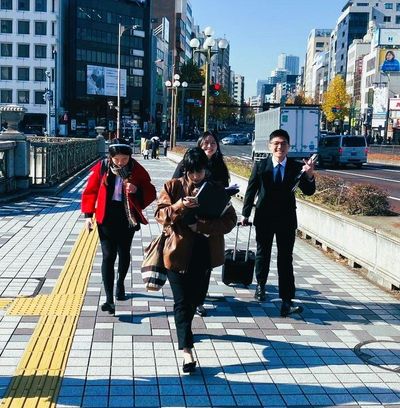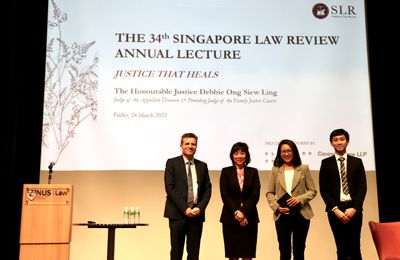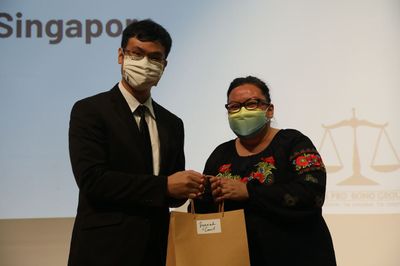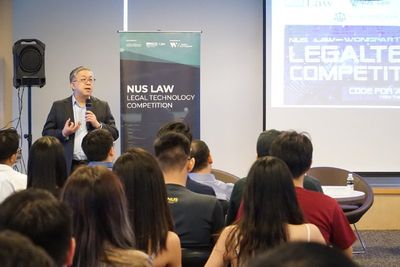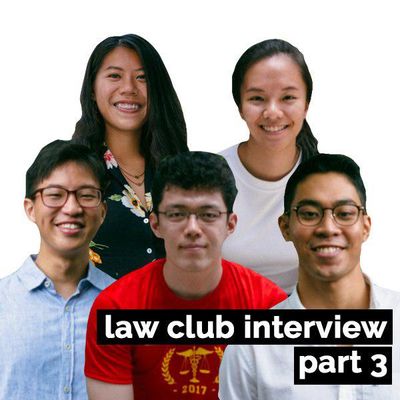This article is reproduced from the Innocence Project (Singapore) Website. Get the latest news, articles and updates from them here.
In September 2013, a student team from the Innocence Project (Singapore) took on the case of Abdul [1], who had been sentenced to imprisonment and caning for unlawful consumption of drugs. The team’s efforts played an integral role in overturning Abdul’s conviction and subsequent discharge amounting to acquittal.
The Innocence Project (Singapore) is a student-led initiative that seeks to provide recourse to individuals who believe they have been wrongfully convicted of crimes. It is a collaborative effort between the National University of Singapore Criminal Justice Club, The Law Society of Singapore and the Association of Criminal Lawyers of Singapore. Members of the Innocence Project (Singapore) review and investigate claims of wrongful convictions, which include conducting interviews with applicants and witnesses, and seeking out evidence to corroborate the testimonies obtained.
In this 3-part special article, we take a look at what happened, and talk to the Innocence Project (Singapore) team behind the investigation as well as the Pro Bono lawyer who took up the case. We begin with a brief background of the case.
Innocence Project (Singapore) helps obtain acquittal for accused person
Abdul was charged with consuming morphine without authorization in 2011. Traces of morphine were found in his urine after he was arrested at a police road block. He was convicted and sentenced on 2013 to 7 years 6 months’ imprisonment and 6 strokes for unlawful consumption of drugs.
While Abdul had several drug related convictions in the past, he maintained that he was not guilty of the unlawful consumption charge for which he was convicted and sentenced.
Assistance from the Innocence Project (Singapore), the Criminal Legal Aid Scheme (CLAS), and a pro bono lawyer led to his successful acquittal.
| “This is a case which shows not only the pro bono efforts of lawyers, but also the pro bono efforts of law students in making an impact on an individual’s life. It also reflects the Prosecution’s compassion as a protector of human rights.” Lawyer Mervyn Cheong |
Claims of Innocence
Abdul maintained that he was not guilty of the offence and that traces of morphine in his urine were due to his consumption of medicine with codeine.
Abdul also claimed that his former trial lawyer did not act on his instructions and that he was told to keep silent when his defence was called (without being informed of the consequences of doing so).
Abdul maintained that, at all times, he wanted to dispute the charge and not to remain silent. He therefore believed that he had been wrongly convicted.
An Innocence Project (Singapore) student team, comprising Victor Leong, Ryan Nicholas Hong, Will Jude Vimal Raj and Allison Tan was assigned to look into the Abdul’s claims of innocence.
The Innocence Project (Singapore) team conducted an interview with Abdul inside Changi Prisons and pored through the relevant material such as the court transcripts and leads provided by Abdul.
Based on their research, the Innocence Project (Singapore) team recommended the Pro Bono Services Officer in CLAS to consider that a lawyer be assigned to follow up on the matter.
Righting an injustice
Mr Mervyn Cheong, from Eugene Thuraisingam, was assigned to act for Abdul in his appeal.
Mr Cheong argued that the accused suffered serious injustice because of the trial lawyer’s conduct and it warranted a re-trial. Fresh additional evidence was also obtained which showed that Abdul was prescribed medication with codeine around the time he was alleged to have unlawfully consumed controlled drugs.
The Prosecution did not object to the application for a re-trial in the appeal. After the appeal was heard, the High Court set aside the conviction and sentence, and granted an order for a re-trial.
Abdul had been in remand since the date of his conviction. He was unable to find anyone who could afford to put up bail for him.
After the court ordered a retrial, the Prosecution relooked the circumstances of the charge and also engaged in extensive discussions with Mr Cheong. Eventually, after almost 3 years of being in remand, the court, on the Prosecution’s application, ordered a discharge amounting to an acquittal.
This is the first part of a three-part article. The next part is available here, and the final part is available here. This post is also available on the Innocence Project (Singapore) Website
[1] The accused’s name has been changed to protect his identity.
Article By:
Mok Ho Fai (Year 2)


